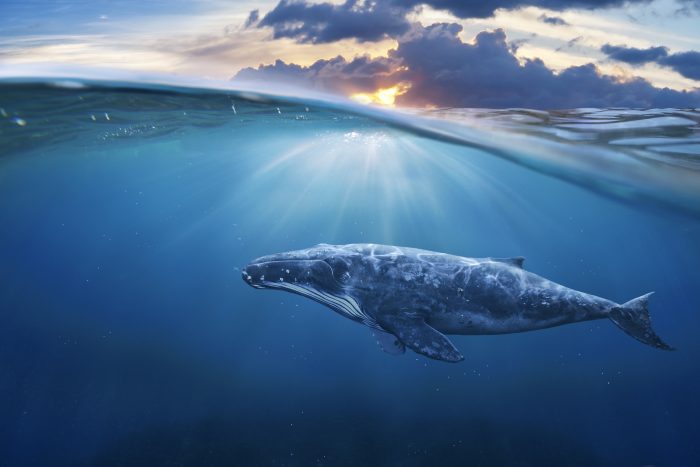
Deep beneath the vast expanse of oceans, humpback whales glide through dark waters in search of food and mates. Biologists have long listened to the mysterious sounds emanating from these giant mammals. Moans and groans and cries emit otherworldly emotions. Recently scientists have discovered surprising changes in their songs.
Australian scientists have recorded fewer wails, sparking speculation about the cause.
University of Queensland marine biologist Rebecca Dunlap commented on the phenomenon. She points to successful conservation efforts that halted commercial whaling. Whale populations rebounded from near extinction in the 1960’s to a robust 27,000 in 2015.
Dunlap tracked the frequency of whale cries: “It was getting more difficult to find singers. When there were fewer of them, there was a lot of singing. Now that there are lots of them, no need to be singing much.”
Was the wail of the humpback a cry of loneliness? Do our hearts cry out with loneliness? Indeed, it is part of our human condition.
Writer Elizabeth Elliot contemplated this notion.
Loneliness comes over us sometimes as a sudden tide. It is one of the terms of our humanness, and, in a sense, therefore, incurable. Yet I have found peace in my loneliest times not only through acceptance of the situation but through making it an offering to God, who can transfigure it into something for the good of others.
Like the humpback whale that roams deep waters, we roam this earth in search of friendships, pilgrims in a foreign land, restless until we find the one true God.
